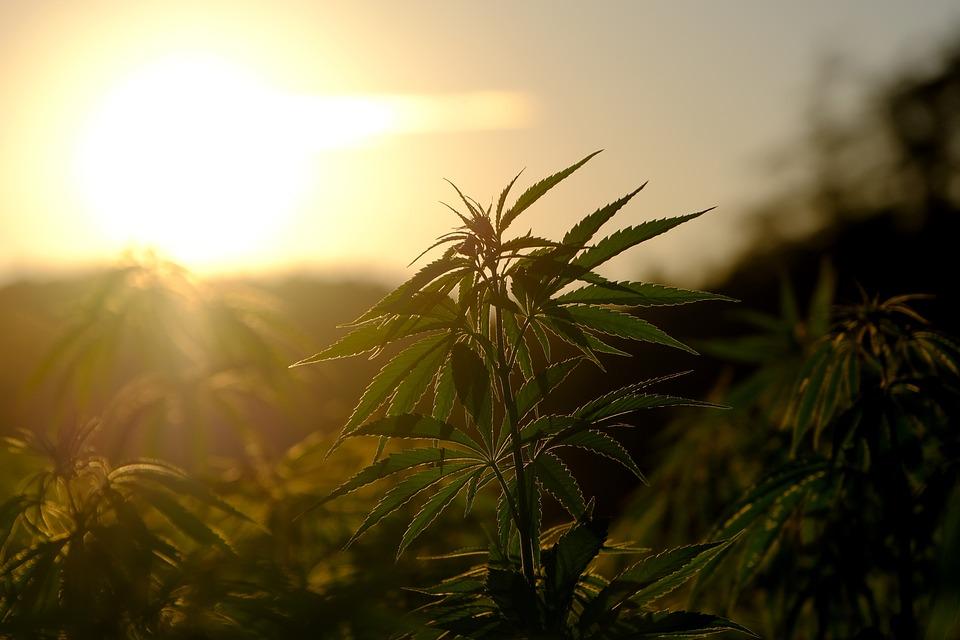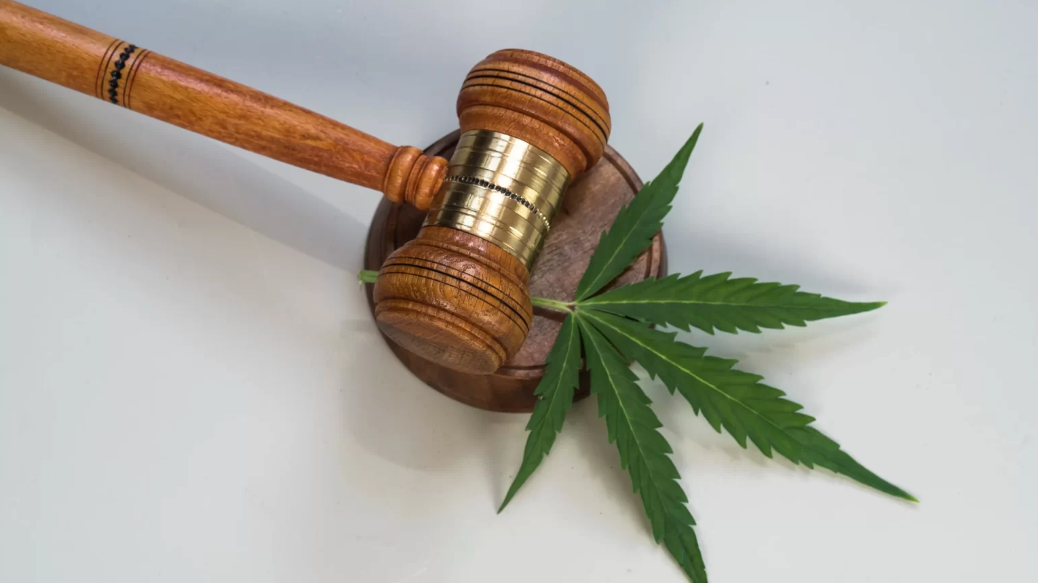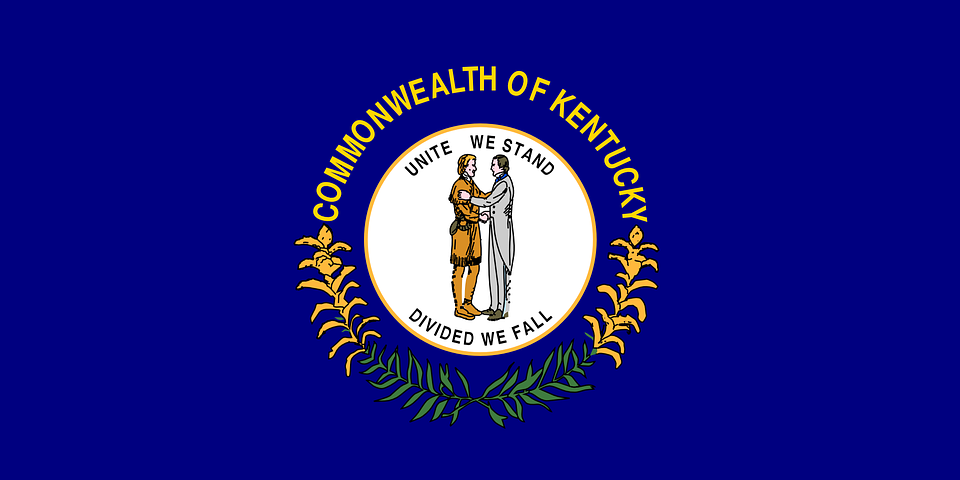Is HHC Legal?

A vast and growing market of consumer hemp-derived products now includes those made with HHC, and those who purchase Delta 8 THC and Delta 9 THC gummies, drink mixes, and more may also have questions about HHC and whether it is legal.
The research and development surrounding HHC is still very new, and many questions remain to explore as it becomes more common in the hemp-derived product market. To better understand questions surrounding the legal use of HHC, we will first start at the beginning: what is HHC, anyway?
What Is HHC?
Based on the naming convention, you could probably guess that HHC is a “relative” of THC. Hexahydrocannabinol is THC that has been hydrogenated. While its existence has been known since the 1940s, it is still a minor cannabinoid, so it has not received the same attention as other cannabinoids like THC.
HHC is still in the very early stages of commercial production. Hemp products were given a massive boost by the 2018 Farm Bill, which drew a distinction between the hemp and marijuana plants and created legislation that completely changed the landscape of how hemp-made products could be sold legally in the United States.
Naturally, hemp growers sought to produce cost-effective products with consumer demand. HHC is tricky in that regard: its natural occurrence in cannabis is so small that it can be tough to extract it in a way that is cost-effective for manufacturers of cannabis products.
Additionally, we still do not have tremendous amounts of research on HHC to validate its effects and benefits. It remains one of the more underdeveloped areas of hemp-derived products.
However, continued and growing interest in hemp product manufacturing may change that in the future, and there may be a time when we see more HHC products available to consumers.
Is HHC Natural or Manmade?
The answer is both! HHC does occur naturally in cannabis, but only in very small amounts. The pivotal moment for HHC occurred when chemist Roger Adams added hydrogen to THC in the 1940s, altering its physical properties to produce the compound synthetically.
By producing HHC through this process of hydrogenation, the end result is a modified molecular structure that stands up better to UV light and heat. What this means for its use in various products is that HHC will have a longer shelf life, which is promising news for manufacturers considering HHC in their products as we learn more about its uses and effects.
A double bond in THC is replaced with two hydrogen atoms to create HHC, so you end up with something that is not identical to THC but may produce similar effects (more on this below!).
Is HHC Legal?
While interest is growing in the possibilities for extracting and manufacturing HHC to introduce more variety in the hemp product market, there are also a number of questions concerning the legality of HHC use in consumer products.
When it comes to laws related to hemp-derived products, the key piece of legislation to note is the 2018 Farm Bill. This bill completely changed the consumer product landscape and set into motion a framework for state legislatures to follow in setting their own regulations when it comes to hemp farming and hemp-derived product distribution.
The 2018 Farm Bill made an important distinction between hemp and marijuana plants, making it legal for hemp-derived products with under 0.3% Delta 9 THC (dry weight) to be manufactured and sold.
This is why we now have a consumer market ripe with Delta 9 products, such as gummies and drink mixes, and manufacturers are looking for ways to diversify that market and continue to meet consumer demand. Many states passed their own specific legislation after the Farm Bill was passed, modeled after its structure and allowing for hemp-derived Delta 9 THC products to be used legally by residents.
In 2022, a federal court in California confirmed that Delta 8 THC was considered legal under the Farm Bill and “all other compounds and derivatives of hemp” as long as they contained no more than 0.3% Delta 9 THC.
This ruling would lead most people to assume that HHC is legal as long as it meets the requirement of having less than 0.3% dry weight Delta 9 THC. However, the tricky piece here is that an individual state could still pass laws banning the manufacture or sale of HHC, so it is not a cut and dry issue.
It seems inevitable that future legislation will carve out specific treatments for various compounds derived from hemp as we learn more about them. Until then, ensuring HHC use is legal will need to be reviewed on a state-by-state basis.
What Are the Effects of HHC?
Because we think of HHC as a “cousin” of THC, we can assume there is some general overlap in terms of its effects. However, we have less research and evidence to go on, as HHC use is extremely limited, and we know much more about Delta 9 THC, thanks to a larger product market.
HHC could offer a similar buzz or euphoric feeling experienced with Delta 9 THC, and anecdotally we hear the effects are generally somewhere between Delta 8 THC and Delta 9 THC.
Gummies and drink mixes with hemp-derived THC are often associated with a mellow, relaxing, or euphoric buzz, dependent upon the quantity and the individual. It should be expected that HHC would also vary in its effects based on contributing factors such as metabolism, weight, age, and food intake, to name a few.
What About Drug Tests and HHC?
Again, with the limited research and development thus far, HHC data is still uncertain when it comes to drug testing. We do not yet know definitively the way HHC shows up in drug testing— regardless of whether the test samples urine, hair, or blood. The way THC and HHC metabolize in the body relates to how they are detected in drug panels, and we simply do not have the same data about HHC as we do THC.
Where Can I Buy HHC?
HHC products are extremely limited and not yet available in a widespread or meaningful way in the consumer marketplace. Delta 8 THC and Delta 9 THC products, on the other hand, are available and legal to enjoy thanks to the Farm Bill and various state laws.
If you are looking for a refreshing buzz and a euphoric pick-me-up, Realize gummies and drink mixes are among the best and most reputable hemp-derived products money can buy. Best of all, they can be ordered online and shipped directly to you!
Shop our online store for a delicious and tantalizing selection of products in mouthwatering flavors you are sure to love.
Whether you are seeking a taste of summer with Watermelon-Gelato gummies or want to sip on a refreshing Raspberry drink mix, Realize has you covered with a wide selection of Delta 8 and Delta 9 products.
Legality by State
| Alabama | Legal | HHC is legal under state law, as well as all hemp products that contain less than 0.3% delta-9 THC. |
|---|---|---|
| Alaska | Likely Illegal | HHC is likely illegal in Alaska, as the state law categorizes hemp-derived THC isomers as Schedule III on the list of controlled substances. |
| Arizona | Illegal | The law in Arizona prohibits HHC products due to its status as a controlled substance — the only THC permitted in Arizona is delta-9 THC. |
| Arkansas | Illegal | The state law in Arkansas bans the use and distribution of modified cannabinoids, including delta-8 THC, delta-10 THC, and HHC. |
| California | Legal | Hemp-derived HHC products in California must contain no more than 0.3% delta-9 THC. |
| Colorado | Likely Illegal | Colorado bans all "chemically modified" THC isomers, including HHC. |
| Connecticut | Legal | Connecticut aligns with federal law, meaning HHC is legal if the end product comes with less than 0.3% delta-9 THC. |
| Delaware | Likely Illegal | HHC and other isomers of THC are prohibited under Title 16 of the Delaware Uniform Controlled Substances Act. |
| Florida | Legal | Florida accepts HHC products with no more than 0.3% delta-9 THC on a dry weight basis. |
| Georgia | Legal | Georgia allows the sale of HHC products if they're not made from synthetic cannabinoids. |
| Hawaii | Likely Illegal | HHC isn't explicitly prohibited, but Hawaii has banned smokable hemp products, including flowers, vapes, and pre-rolls. |
| Idaho | Illegal | HHC is a Schedule 1 controlled substance in Idaho. |
| Illinois | Illegal | The Illinois Department of Agriculture bans hemp-derived intoxicating isomers, such as HHC or delta-8 THC. |
| Indiana | Legal | The state law in Indiana is the same as the federal law regarding HHC. |
| Iowa | Illegal | Not explicitly banned, but probably illegal because delta-8 THC is prohibited, too. |
| Kansas | Likely Legal | There are no specific laws regarding THC isomers from hemp. |
| Kentucky | Likely Illegal | All psychoactive hemp-derivatives are Schedule 1 controlled substances in Kentucky. |
| Louisiana | Legal | All hemp-derived products with less than 0.3% delta-9 THC are legal in Louisiana. |
| Maine | Legal | Maine approves HHC and delta-8 products from hemp if they have no more than 0.3% delta-9 THC. |
| Maryland | Legal | Hemp-derived HHC products in Maine must contain less than 0.3% delta-9 THC on a dry weight basis. |
| Massachusetts | Legal | The state law in Massachusetts adheres to the 2018 Farm Bill, meaning all hemp-derived isomers are legal. |
| Michigan | Legal | HHC is legal but can only be sold by licensed dispensaries and manufacturers in the state. |
| Minnesota | Legal | HHC is legal in Minnesota as long as it comes from hemp and contains no more than 0.3% delta-9 THC. |
| Mississippi | Illegal | HHC is a Schedule 1 controlled substance in Missouri. |
| Missouri | Likely Legal | The Missouri State Code allows hemp-derived HHC products with 0.3% delta-9 THC or less. |
| Montana | Illegal | Montana bans all tetrahydrocannabinols, including HHC. |
| Nebraska | Legal | HHC is legal in Nebraska, as well as delta-8 THC, delta-10 THC, and THC-O. |
| Nevada | Illegal | Nevada considers HHC and other THC isomers controlled substances. |
| New Hampshire | Likely Legal | There are no mentions of HHC in state law, but it doesn't prohibits it either. |
| New Jersey | Legal | All hemp-derived cannabinoids, including HHC, are legal in New Jersey provided that they contain no more than 0.3% delta-9 THC. |
| New Mexico | Legal | HHC is regulated under the 2018 Farm Bill in New Mexico, which allows all hemp-derived products. |
| New York | Illegal | State law restricts THC isomers, meaning the sale and production of HHC is illegal. |
| North Carolina | Legal | North Carolina laws align with the 2018 Farm Bill – all THC isomers from hemp are permitted. |
| North Dakota | Illegal | HHC is a controlled substance in North Dakota. |
| Ohio | Legal | HHC is legal in Ohio because the state law coincides with 2018 Farm Bill. |
| Oklahoma | Legal | Hemp tetrahydrocannabinols, including HHC, aren't controlled substances under the Oklahoma Public Health Code. |
| Oregon | Legal | HHC is in a special category called "Cannabinoids for Adult Use," together with delta-8, delta-9, and delta-10 THC. |
| Pennsylvania | Legal | The state law doesn't mention HHC anywhere, meaning it's legal under the 2018 Farm Bill. |
| Rhode Island | Likely Illegal | Rhode Island legalized all hemp-derivatives, but another law defines isomers as "THC," making HHC illegal for human consumption. |
| South Carolina | Legal | HHC is legal as long as it comes from hemp and doesn't contain more than 0.3% delta-9 THC by dry weight. |
| South Dakota | Legal | HHC is legal only for adults over 21 years old. |
| Tennessee | Legal | State law considers hemp-derived cannabinoids legal as long as the product contains no more than 0.3% delta-9 THC. |
| Texas | Likely Legal | HHC is probably legal in Texas because lawmakers haven't addressed its status yet. |
| Utah | Illegal | HHC, THC-O, delta-8 and delta-10 based products are illegal in Utah, regardless of whether they come from hemp or marijuana. |
| Vermont | Likely Illegal | HHC is obtained using a similar process as delta-8 THC, which is illegal, so the same laws may apply to HHC. |
| Virginia | Legal | You can buy HHC in Virginia because state law treats all hemp-derived cannabinoids the same way as the 2018 Farm Bill. |
| Washington | Illegal | HHC is a controlled substance in Washington. |
| West Virginia | Legal | HHC is legal as long as the end product contain 0.3% delta-9 THC or less. |
| Wisconsin | Likely Legal | HHC is allowed if the hemp-derived product doesn't exceed 0.3% delta-9 THC. |
| Wyoming | Likely Legal | The state allows all hemp-derived products that contain 0.3% delta-9 THC or less on a dry weight basis. |


